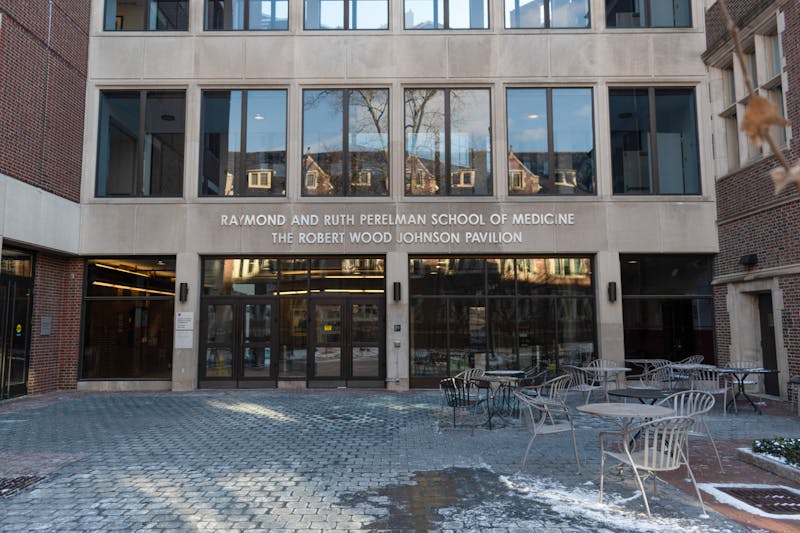A pair of awards given by the Army Research Laboratory and the Office of Naval Research will give the Engineering School nearly $30 million in grant money over the next 10 years for robotics research, officials at the school said.
The grants, which total $22 million and $7.5 million respectively, are intended to help Penn and other schools around the nation that receive grants develop new technology and learn about the intricate field of network science.
These awards are some of the biggest on record for the school. The grant from the Army represents the largest single sum SEAS has received in its 156-year history.
That grant, a Micro Autonomous Systems and Technology award, placed Penn at the helm of a collaboration of 14 schools whose goal will be to research options relating to the mobility and size of robots, as well as their ability to work together.
Vijay Kumar, an Engineering professor who will chair that collaboration, said the awards "play to Penn's strengths."
"These are high-profile projects," he noted. "SEAS isn't always perceived as a mover and shaker, but these grants change that."
George Pappas, Deputy Dean of the School of Engineering, will chair the collaboration associated with the Navy grant, which includes eight schools.
"This award focuses more on the scientific principles of cooperation," he said, adding that Penn's joint research between biology and engineering will be the main focus of that funding.
"How ants cooperate with each other . can tell us a lot about when it's beneficial for agents, in this case robots, to work cooperatively," he said as an example.
According to Kumar, the findings of these projects can have major positive benefits for the "common interest in bio-robotics" that Penn and the military share.
For the military, that type of research can help determine how naval ships can perform in the most cohesive manner possible, Kumar said.
Penn was a "natural choice" for the award, he explained, because it already offers a number of bio-inspired robotics classes and often combines engineering research with several other disciplines including biology, medicine, physics and chemistry.
That wide-ranging approach means the grants will likely go not only to shore up Penn Engineering's Ph.D. program, but will make way for opportunities for undergraduates as well, Kumar predicted.
"These grants are funding SEAS, but they're about SEAS in a broader University context," he said. "Penn was a clear winner here."
The Daily Pennsylvanian is an independent, student-run newspaper. Please consider making a donation to support the coverage that shapes the University. Your generosity ensures a future of strong journalism at Penn.
DonatePlease note All comments are eligible for publication in The Daily Pennsylvanian.







